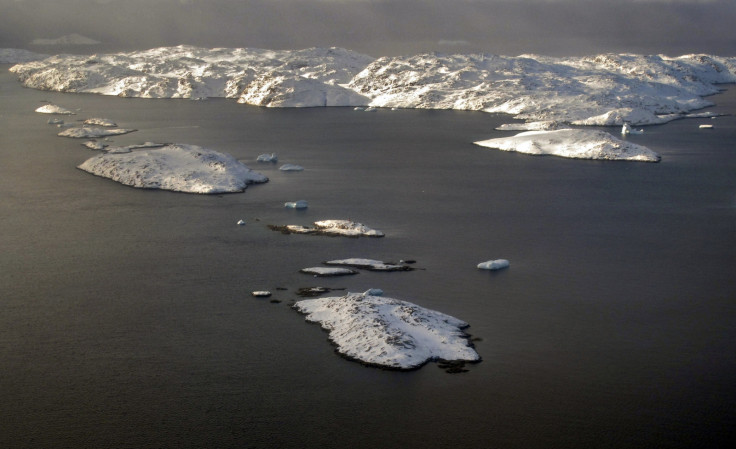Russia to Expand Military Presence on Arctic Coast as Race for the North Heats Up

The race among major powers for a military presence in a thawing Arctic is accelerating.
In a speech to supporters of United Russia, Russian defence minister Sergei Shoigu said Russia will increase the number of troops on its Arctic coast before the end of 2014 and that there was no need for a Nato presence in the Arctic region to deal with potential environmental and safety challenges.
The speech, which was made to top military officers in Moscow on Tuesday 21 October, is likely to cause alarm within Nato and the Arctic Council, an international forum dealing with issues related to the energy-rich region, which may be increasingly open to commercial traffic and energy extraction as ice thaws.
"We have been very active in the Arctic region lately and this year we will have a large number of units deployed along the Arctic Circle, practically from Murmansk to Chukotka," Shoigu said to RIA Novosti.
The Arctic Council includes the Scandinavian states (Norway, Sweden, Denmark, Finland, Iceland) and Canada, plus the Russians and Americans.
As far back as two years ago, Norway was already saying it fully expected to send more troops north to protect its own interests in the Arctic. "Our ambition is a clear Nato footprint in the north," State Secretary Roger Ingebrigtsen in the Defense Ministry said, as reported by Barents Observer, an online news source in northern Norway.
And those concerns from Norway are already beginning to manifest themselves across the globe. On Wednesday 22 October, Norwegian Prime Minister Erna Solberg told VG Nyheter Norway was unable to commit F-16 fighter jets to the fight against Isis in Iraq because it needed them to patrol increased Russian activity in the north.
While Solberg acknowledged the US had not formally asked for Norwegian assistance, she made it clear it wouldn't be possible. "We have some technical challenges making it appropriate to maintain capacity at home," Solberg said. There "is a tenser situation in our neighborhood", she added.
Norway's concerns come in the wake of a hunt reminiscent of the Cold War for a Russian submarine apparently submerged off the coast of Sweden. But Solberg said the hunt for the submarine was just as concerning as everything else Russia was doing.
Solberg told VG Nyheter: "I am thinking about the overall picture of increased Russian activity in the air and at sea, and the movement of troops and other things that makes it necessary in today's situation to keep good preparedness in our neighborhood."
© Copyright IBTimes 2024. All rights reserved.





